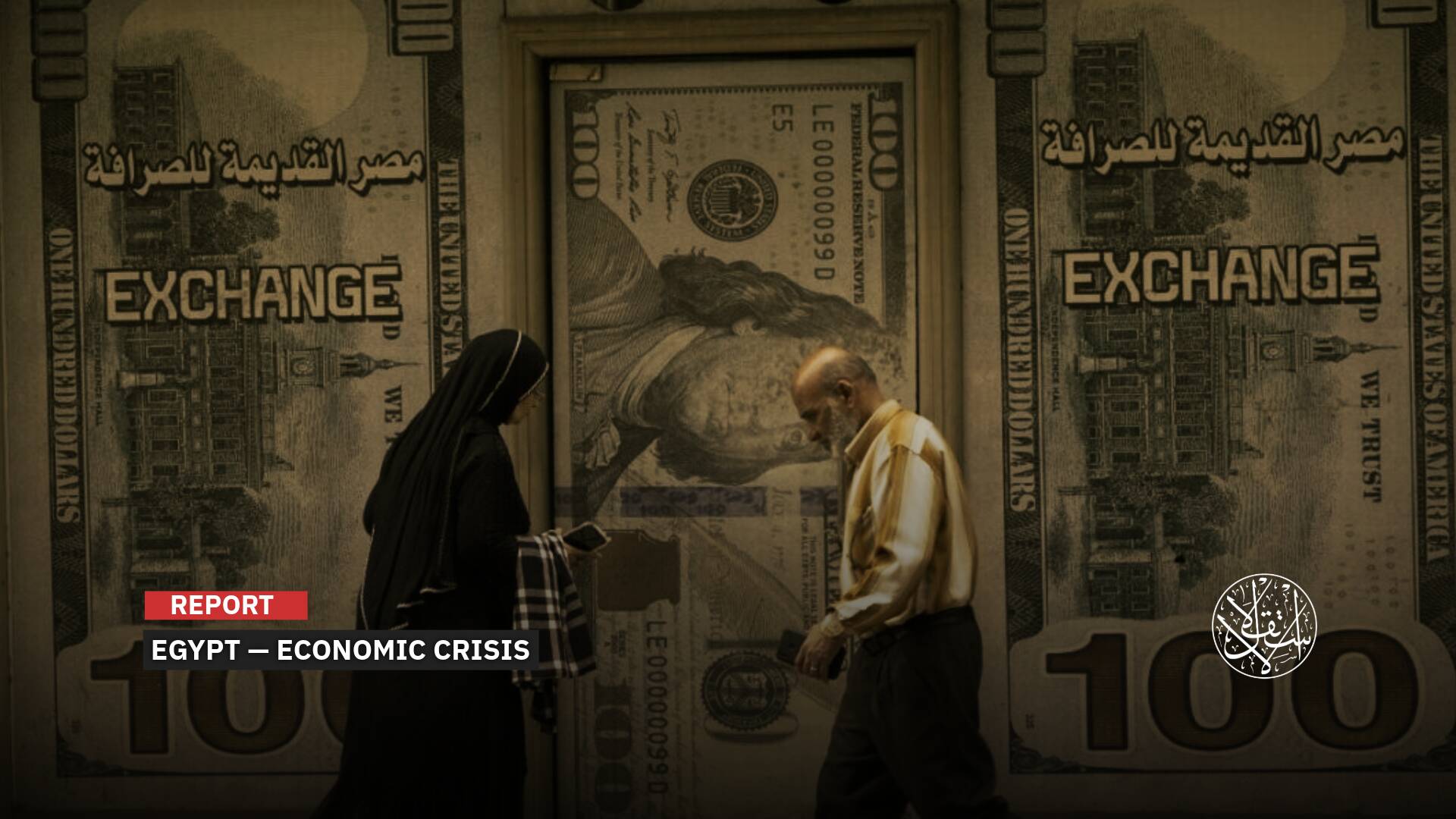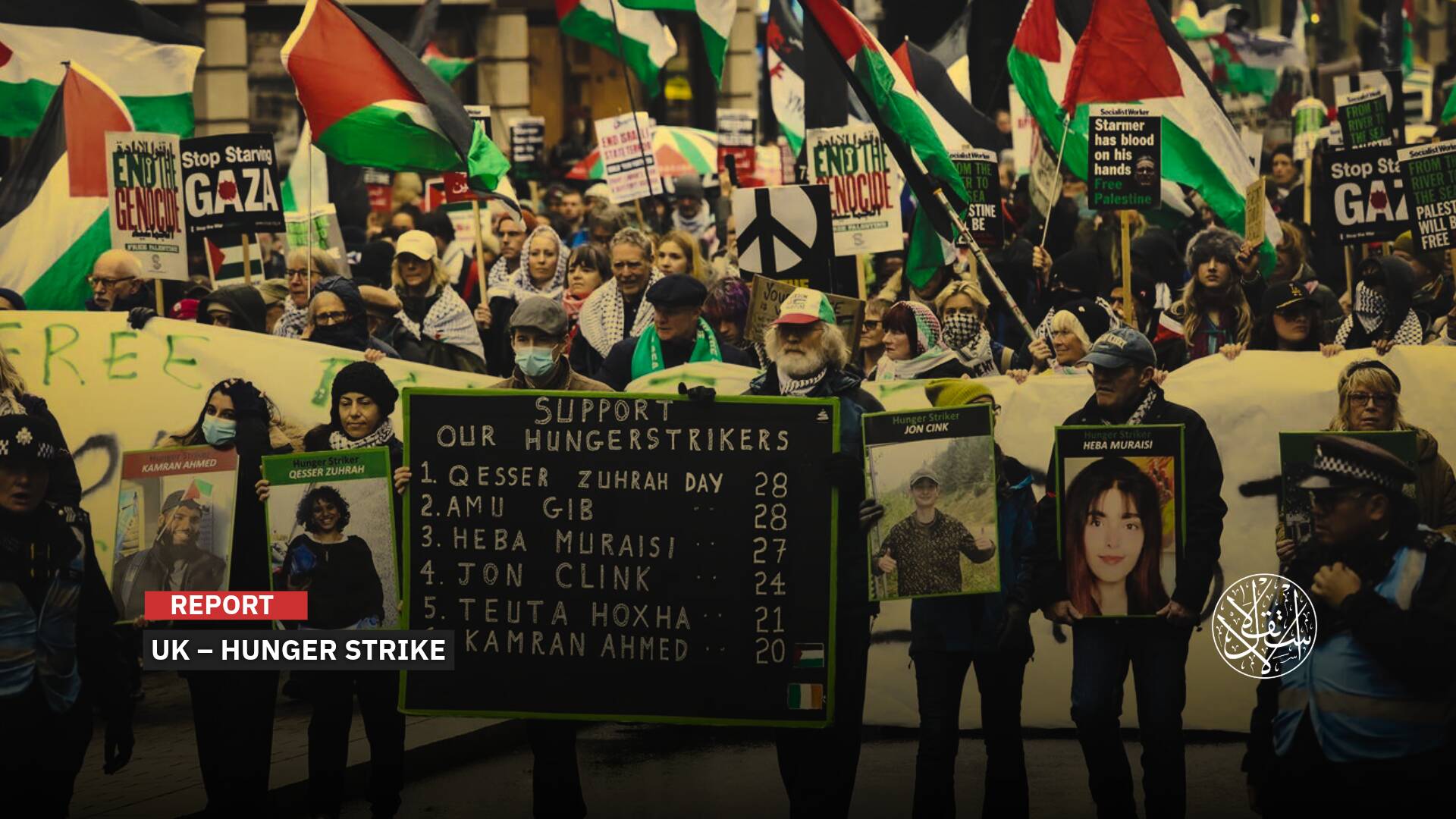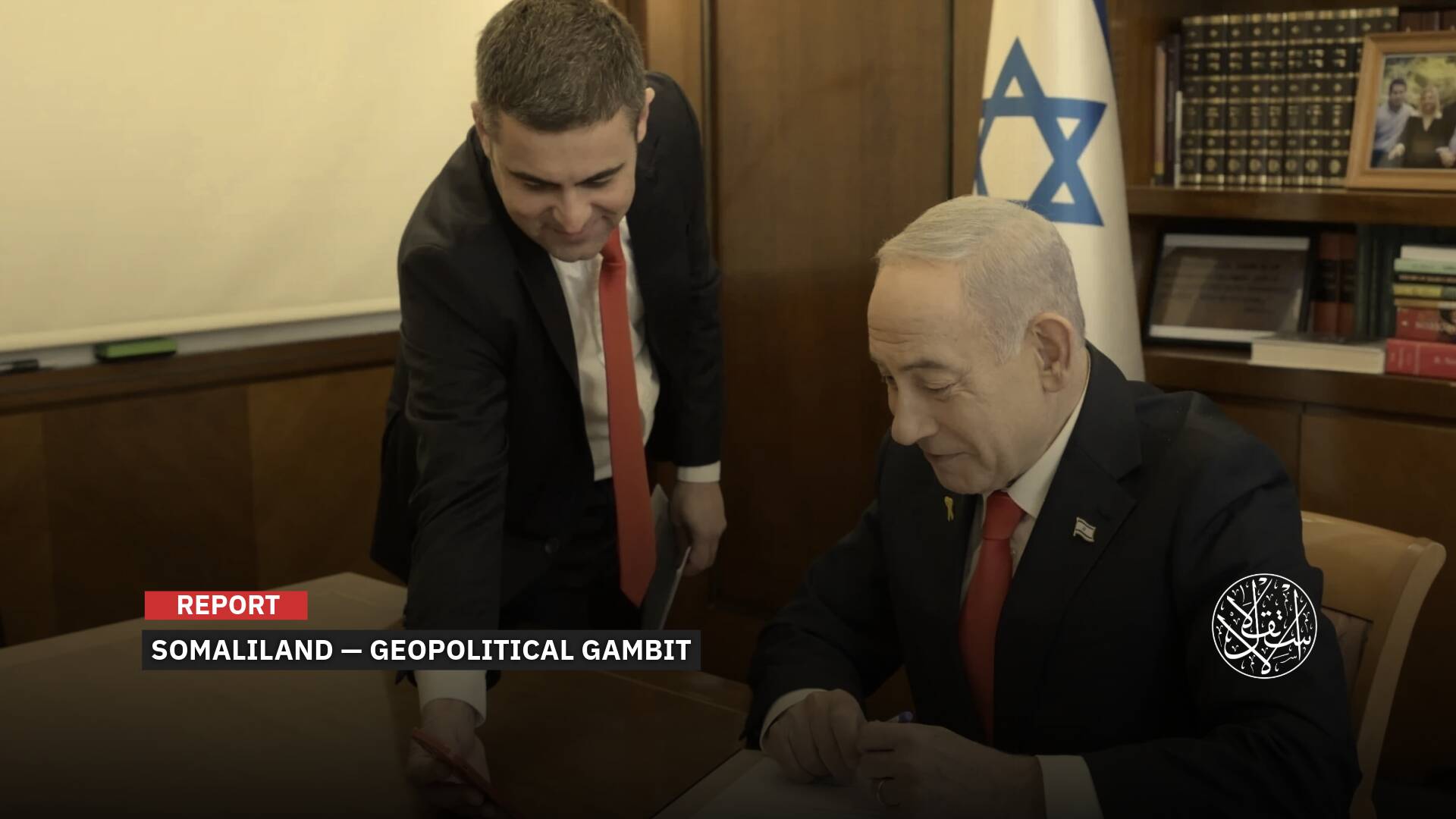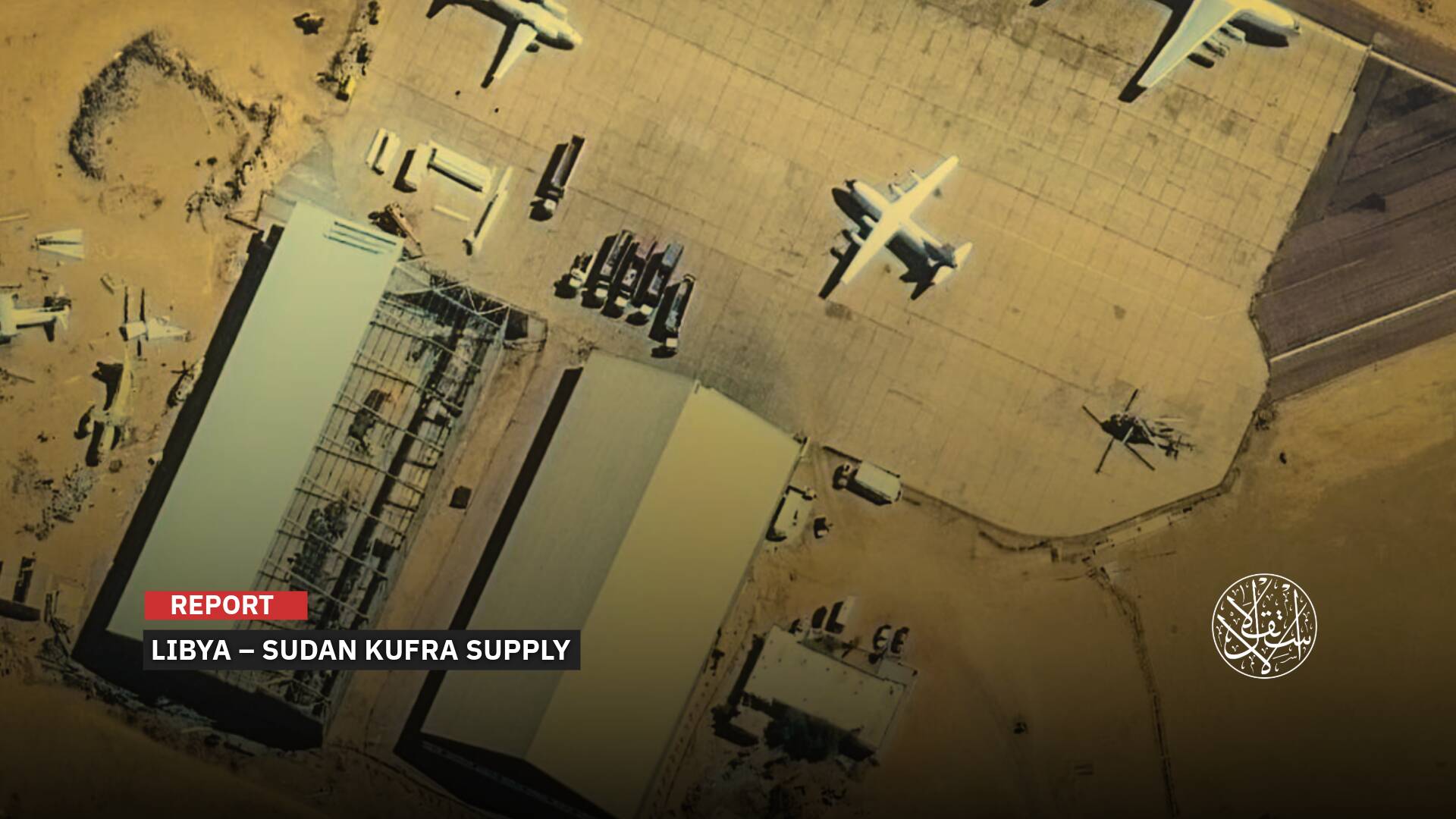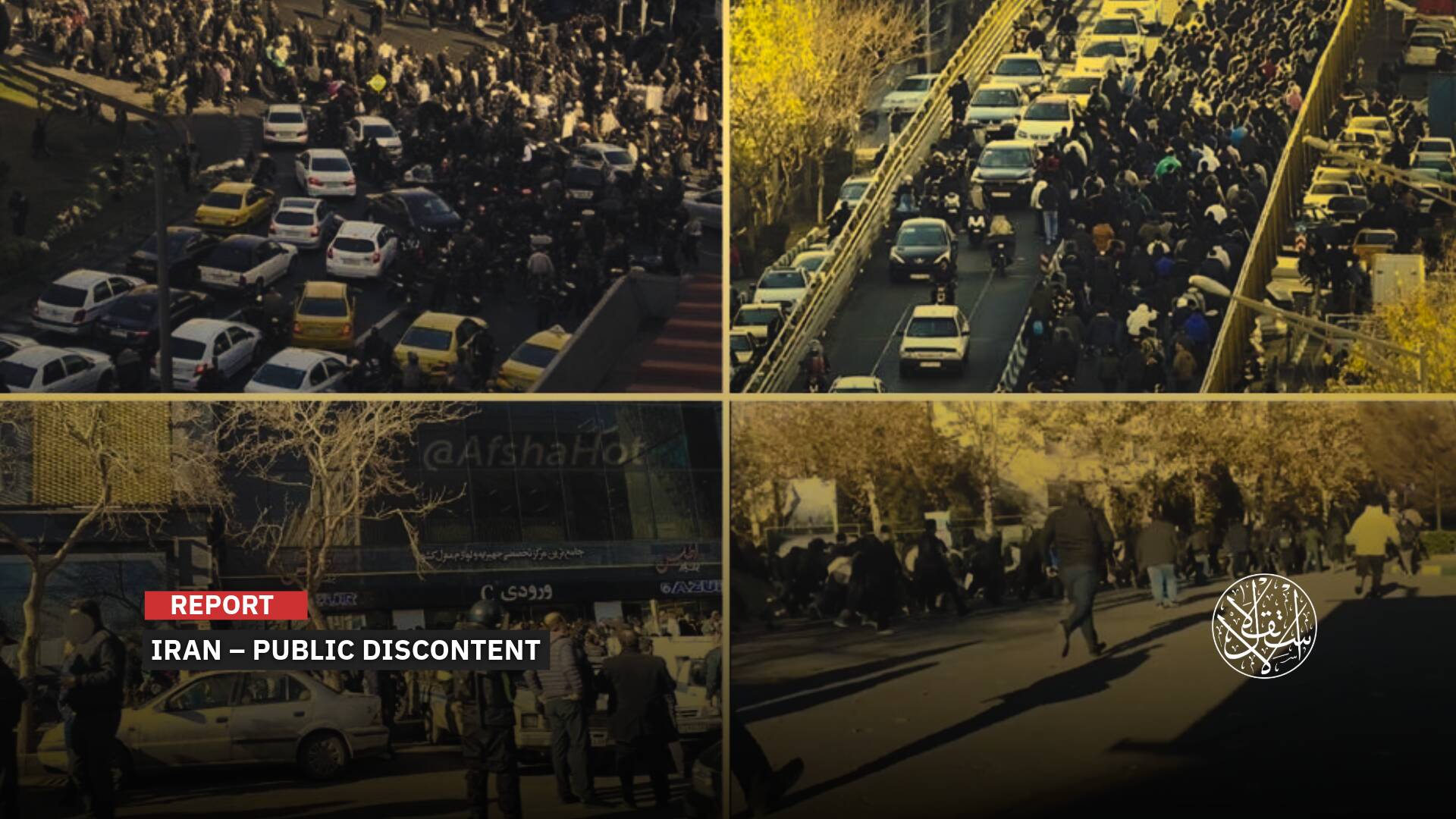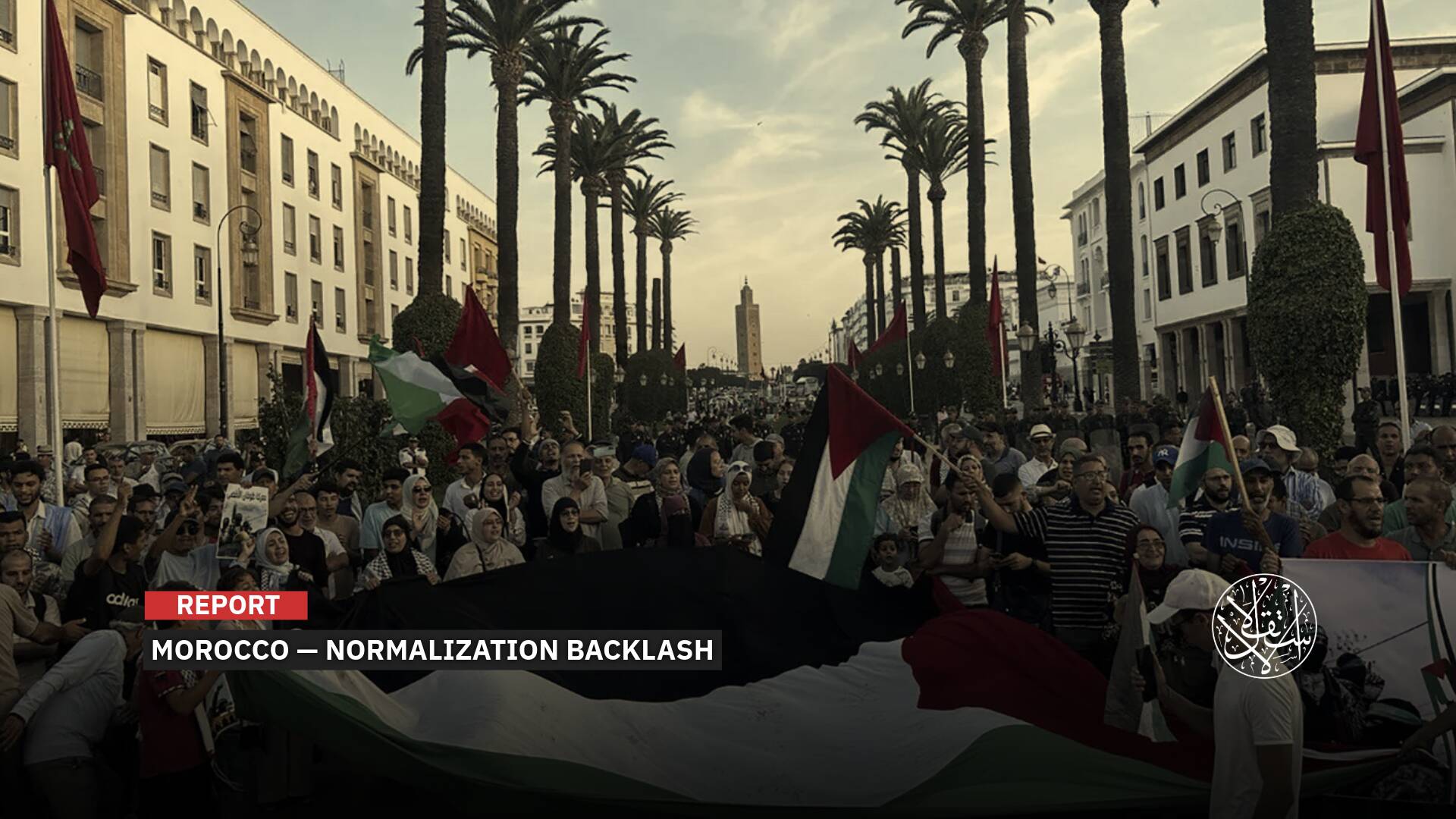Left-Wing Victory in French Legislative Elections: Why Did It Anger ‘Israel’?

The left is expected to pursue a different foreign policy that supports Palestine.
"This is a victory for Palestine" was the statement released by Mathilde Panot, leader of the winning left-wing alliance in the French elections, implicitly explaining one of the reasons French voters chose the leftist populist current over the far-right and President Emmanuel Macron's party together.
The legislative election results showed a surprising and unexpected victory for the New Popular Front coalition led by Jean-Luc Mélenchon, defeating the far-right which seemed poised to win in the first round.
French citizens were expecting a far-right government after their victory in the first round in early July, but the left's win on the seventh of the same month changed everything.
The left-wing alliance turned the tables and achieved an important victory by securing first place in the French elections, with the Together for the Republic alliance backed by President Emmanuel Macron slipping to second and the far-right to third, in a surprise.
No party could achieve an absolute majority alone, which requires 289 deputies in the National Assembly. The New Popular Front won 182 seats, Macron's coalition 168, and the far-right 143.
However, the left's victory and the defeat of the right and Macron may lead to supporters of Palestine taking power, possibly in cooperation with the president's party, whose powers will be limited.
Palestine Is Present
The challenge lies not only in the formation of a "hung" parliament without a majority for any single party to govern effectively, complicating the ability to enact domestic and foreign policy decisions.
There is also concern with the potential foreign policy shift under the left's victory, which could lean towards supporting Palestine while opposing the Israeli Occupation and its aggression on Gaza.
After the victory, the French left confirmed its readiness to govern the country and began internal discussions to appoint a prime minister.
This victory, achieved amidst left-wing parties raising Palestinian flags, may increase the number of European countries recognizing it as a state to 14.
The winning alliance pledged immediate recognition of Palestine, which will further fragment Europe's supportive stance towards “Israel.”
Following the left-wing alliance's dominance in the legislative elections, the parliamentary bloc leader of La France Insoumise, Mathilda Panot, stated, "We will recognize the state of Palestine within the next two weeks."
Jean-Luc Melenchon, the French leftist leader who achieved the largest political bloc victory in the legislative elections, announced that his government would seek to recognize the state of Palestine “as soon as possible.”
Melenchon, known for his bold stances, stated that the Israeli Occupation was the primary driver behind the events of October 7 in Gaza.
He refused to solely blame the Islamic Resistance Movement (Hamas) for what occurred, leading “Israel” to label him as "anti-Semitic."
The party nominated Rima Hassan, of Palestinian origin, for the European Parliament elections, and she was elected as its first Palestinian member.
Recognition of the Palestinian state is a central promise in the campaign of the New Popular Front, the winning coalition in the elections, reflecting its stance on international issues and commitment to changing French foreign policy.
This indicates that the election results signal a significant shift in the French political landscape, where the left-wing coalition is now in a position to influence the country's future direction significantly, according to Palestine Chronicle on July 7, 2024.
Palestine had a strong presence in France's elections and streets and its parliament, with French citizens demonstrating in support of Gaza, which is still under continuous Israeli aggression.
During a government question in May 2024, La France Insoumise Party deputy Sebastien Delogu displayed a Palestinian flag in solidarity with Palestinians under the Parliament dome.
In response, French parliamentarians displayed Palestinian flags during a National Assembly session in protest against the severe penalty imposed on parliamentarian Sebastien Delogu after holding the flag.
Despite the left's declaration of intent to recognize a Palestinian state and support from ICC Prosecutor Karim Khan in May 2024 to issue arrest warrants against Israeli Prime Minister Benjamin Netanyahu for war crimes in Gaza, experts doubt its ability to support Palestine beyond formalities.
Formal Recognition?
Experts told French and foreign newspapers that recognizing Palestine does not mean there will be a radical change because foreign policy remains the responsibility of the President according to the Constitution.
They only suggested that the left's victory would create an official trend supporting the Palestinian cause, thus representing internal pressure in France regarding cooperation with “Israel,” which may escalate in the near future.
President Macron said in May 2024, "I am completely ready to recognize a Palestinian state, but [...] I believe that this recognition must come at a useful time," indicating that the current timing is not conducive.
A study by the Atlantic Council of United States experts on July 7, 2024, suggested that French recognition of the Palestinian state is now more likely after the left-wing coalition's victory, but they cautioned against expecting a major change in Middle East policy.
They clarified that foreign policy was not a primary issue in the election campaign, but the left coalition and its leaders outlined some aspects of their Middle East policy, particularly concerning Gaza and Lebanon, which do not differ significantly from Macron's party.
The left coalition calls for a ceasefire in Gaza, similar to Macron's government's stance.
Regarding Lebanon and the looming concerns over a new conflict between the Israeli Occupation and Hezbollah, the French left's position was vague, only promising to empower the Lebanese armed forces.

However, the Atlantic Council of the United States’ study suggests that the only significant change would be symbolic: the left-wing coalition's recognition of a Palestinian state, akin to several other European governments in recent months.
Macron himself has considered the idea, stating that such recognition "is not taboo for France," although this would unsettle the current Israeli government.
According to the same experts, France's recognition of a Palestinian state would not have significant practical implications on the ground. It might, however, be one of the reasons pushing Macron towards openness to a coalition government with left-wing parties.
These experts affirm that they should not expect a major shift in French policy towards the Middle East.
An analysis published by Foreign Policy in early July 2024 indicates that French presidents have strived to maintain what is now termed the "reserved domain" (domaine réservé) concerning foreign policy, security, defense, and intelligence.
It clarifies that prime ministers who have cohabited with presidents from different parties have generally understood this unwritten rule, and in rare instances when they sought to expand their roles, they clashed with the president.
This suggests that if a left-wing government is formed, it may clash with President Macron if it adopts a different foreign policy stance regarding the Palestinian issue and “Israel.”
Regarding the aggression on Gaza, the far-right extremist party has taken a clear pro-”Israel” stance as a means to rid itself of the deep-rooted stigma of anti-Semitism in its history, while the left has been accused of anti-Jewish sentiment due to their support for the Palestinian cause, according to Foreign Policy.
The anticipated divisions in the French parliament raise more questions about the left's ability to make decisions on both domestic and international fronts, particularly concerning issues such as the Gaza war, immigration, and refugees.
How Does ‘Israel’ Stand to Lose?
Upon the emergence of these results, Hebrew newspapers, laden with somber language, state that French Jews are concerned about the gains of the extreme left in the elections, fearing an increase in anti-Semitism, a pre-packaged accusation Tel Aviv launches against anyone criticizing its actions.
The Israeli news site Israel Hayom mentioned that the victory of the New Popular Front, the left-wing, has caused concern among prominent French Jewish figures. It noted anxiety and dismay among French and Israeli Jews about the election results.
It mentioned that several Jewish figures, led by Bernard-Henri Levy, warned of the potential effects of this trend exacerbating anti-Semitism in France and called for vigilance against the leadership of this left-wing alliance.
Bernard-Henri Levy, the Jewish thinker, posted on his X stating, "The left has a bad reputation, and it includes new faces of anti-Semitism. Now, all we have left is perseverance in the struggle against these individuals."
French Jewish journalist Yohann Taieb commented on the left's victory, saying, "Mélenchon's victory sends a terrifying message of impunity to all Islamic fascists who oppose Jews," according to his expression.
They were deeply disturbed by the fall of Meyer Habib, the French-Israeli deputy who is considered a friend of Benjamin Netanyahu in the French parliamentary elections, where he failed to win the seat designated for representing French expatriates.
Avigdor Lieberman, the opposition right-wing leader of the “Israel Our Home" party and former Minister of Defense, capitalized on this and called on July 8 for French Jews to immigrate to “Israel” following the results of the early parliamentary elections dominated by the left-wing alliance.
"In light of the radical left's victory in France, I call on all French Jews to immigrate to the State of Israel. There is no time,” he wrote on X.
"Jean-Luc Melenchon, the leader of the party that received the most votes, has repeatedly spoken against Jews and the state of Israel."
He alleged that “Melenchon's party represents pure anti-Semitism reflecting a significant increase in hatred towards Israel.”
In turn, Minister of Diaspora Affairs of Israel Ayelet Shaked said that the results of the French elections are extremely concerning news for the Jewish community and “Israel.”
To underscore the severity of a left-wing government in “Israel,” Bloomberg stated on July 8 that Jean-Luc Melenchon is the French version of former British Labour Party leader Jeremy Corbyn, a leftist who opposes “Israel.”
They noted that both criticize “Israel” without reservation, oppose the European Union and NATO, aim to impose taxes on the wealthy, increase minimum wages, and lower the retirement age.
According to a survey conducted by the American Jewish Committee in Europe, 92% of French Jews believe that an unconquerable France "contributed" to the rise of anti-Semitism, as the French voted in favor of the left, according to the Times of Israel on July 8, 2024.
It claimed that many French Jews say that extreme leftist rhetoric opens the door to anti-Semitism, and they were saddened by the fall of Prime Minister Gabriel Attal's party because of its Jewish origins.
The CRIF organization, representing French Jews, urged the Jewish community to reject both the extreme right and extreme left.
However, ahead of the elections, facing the rise of the left, some prominent Jewish voices urged the Jewish community to vote for the far-right instead, according to the Times of Israel.
Sources
- Recognizing Palestine – Mélenchon’s Victory Signals Shift Toward Palestine
- French Far Right Receives a Resounding ‘Non Merci’
- Scenarios for governing after French vote produces hung parliament
- Experts react: French voters beat back the far right in an election surprise. What’s next for France and Macron?


